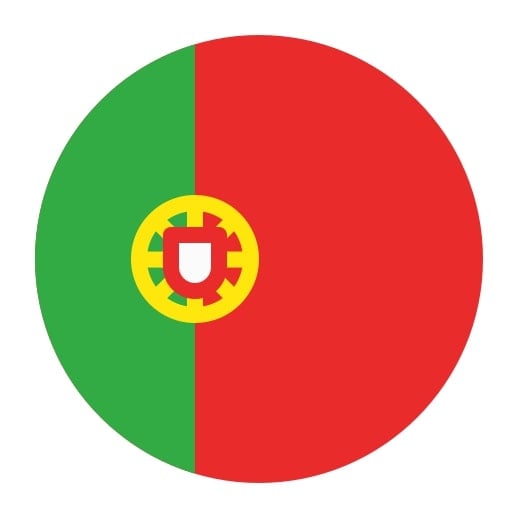Portuguese Grammar
Explore the essentials of Portuguese grammar and unlock a world of opportunities to connect with millions of speakers worldwide. By mastering its key rules and structures, you'll be ready to communicate with confidence and fully enjoy Portuguese culture. Start learning Portuguese grammar today and take your first step toward fluency!
Get started
The most efficient way to learn a language
Try Talkpal for freeA Beginner’s Guide to Understanding Portuguese Grammar
Whether you’re planning a trip to Portugal or simply interested in mastering a new language, learning Portuguese can be an exciting and rewarding experience. One essential aspect of Portuguese language learning, like any other, is understanding its grammar. This article will guide you through the basics of Portuguese grammar, providing you with essential tips and insights to help you navigate and communicate effortlessly. So, if you’ve been waiting to dive into the world of Portuguese, let us get started!
1. The Basics: Nouns, Pronouns, and Articles
As in English, Portuguese grammar is built around nouns, pronouns, and articles. Nouns in Portuguese can be masculine or feminine, and it’s important to establish the gender for proper sentence formation. For instance, “o menino” translates to “the boy,” while “a menina” translates to “the girl.”
Pronouns in Portuguese, like English, act as substitutes for nouns. They, too, have genders. Personal pronouns include eu (I), você/tu (you), ele/ela (he/she), nós (we), and eles/elas (they).
Definite articles (the) and indefinite articles (a/an) are also gender-specific and are essential for proper sentence construction. In Portuguese, the definite articles are “o” (masculine) and “a” (feminine), and the indefinite articles are “um” (masculine) and “uma” (feminine).
2. Adjectives and Adverbs: Add Spice to Your Sentences
Adjectives are words that describe or modify nouns, and like nouns, they have genders. Usually, adjectives ending in “o” are masculine, while those ending in “a” are feminine. It’s essential to match the gender of the adjective to the noun it’s describing. For example, “homem alto” translates to “tall man,” while “mulher alta” means “tall woman.”
Adverbs, on the other hand, modify verbs, adjectives, or other adverbs. In Portuguese, adverbs usually don’t have gender-specific forms. Some common adverbs include “rapidamente” (quickly), “lentamente” (slowly), and “sempre” (always).
3. Verbs: The Action Words
Portuguese verbs are classified into three conjugation groups (-ar, -er, -ir), and their forms change depending on tense and subject. These are some essential tenses you’ll need to know:
– Present tense (Presente): Describes actions happening now or habitual actions.
– Past tense (Pretérito): Describes actions that happened in the past. There are two types: Pretérito Perfeito (simple past) and Pretérito Imperfeito (past continuous).
– Future tense (Futuro): Describes actions that will happen in the future.
Mastering verb conjugation can be a challenge in Portuguese, but practice and consistency will help you grasp it more efficiently.
4. Word Order: Building Understandable Sentences
The typical Portuguese sentence structure follows the Subject-Verb-Object (SVO) order. For example, the sentence “Eu amo pizza” (“I love pizza”) follows this pattern. However, Portuguese grammar can be quite flexible, and you might encounter variations in word order, especially in literature or informal conversations. Context and common sense are crucial in understanding these variations.
5. Negation and Interrogation: Say No and Ask Questions
To negate a sentence in Portuguese, you simply place the word “não” before the verb. For example, “Eu não falo português” means “I do not speak Portuguese.”
To turn a statement into a question in Portuguese, you can either change the word order or use an interrogative word (like “quem” for “who,” “o que” for “what,” or “onde” for “where”). For instance, “Você fala inglês?” translates to “Do you speak English?”
Conclusion
Learning Portuguese grammar may seem daunting, but don’t be disheartened! Every language has its complexities, but with consistency, practice, and a bit of patience, you’ll find yourself communicating confidently and effectively. Keep in mind that learning grammar is just one part of language acquisition, and you should also practice listening, speaking, and reading in Portuguese. Boa sorte! (Good luck!)








